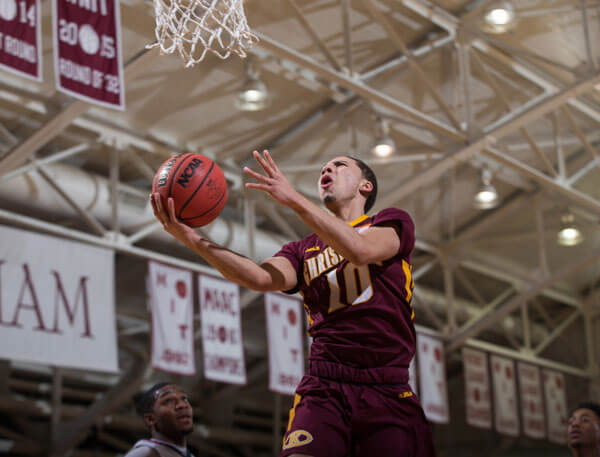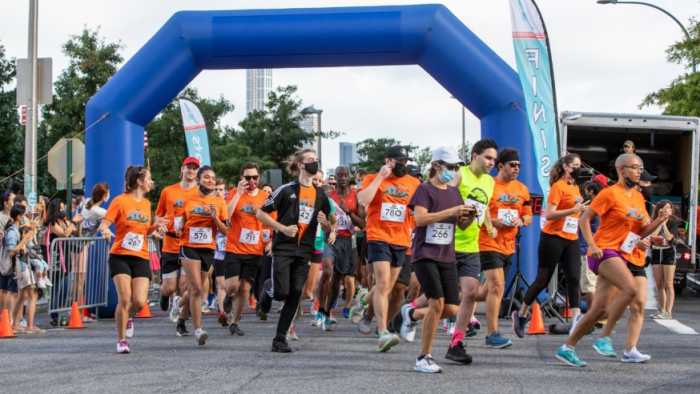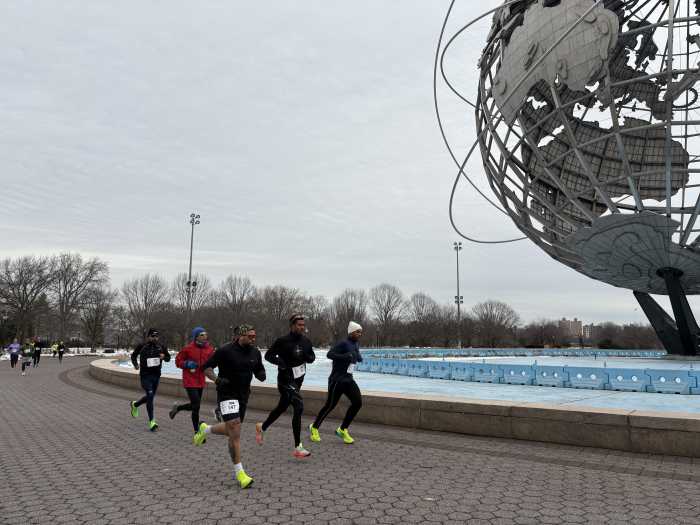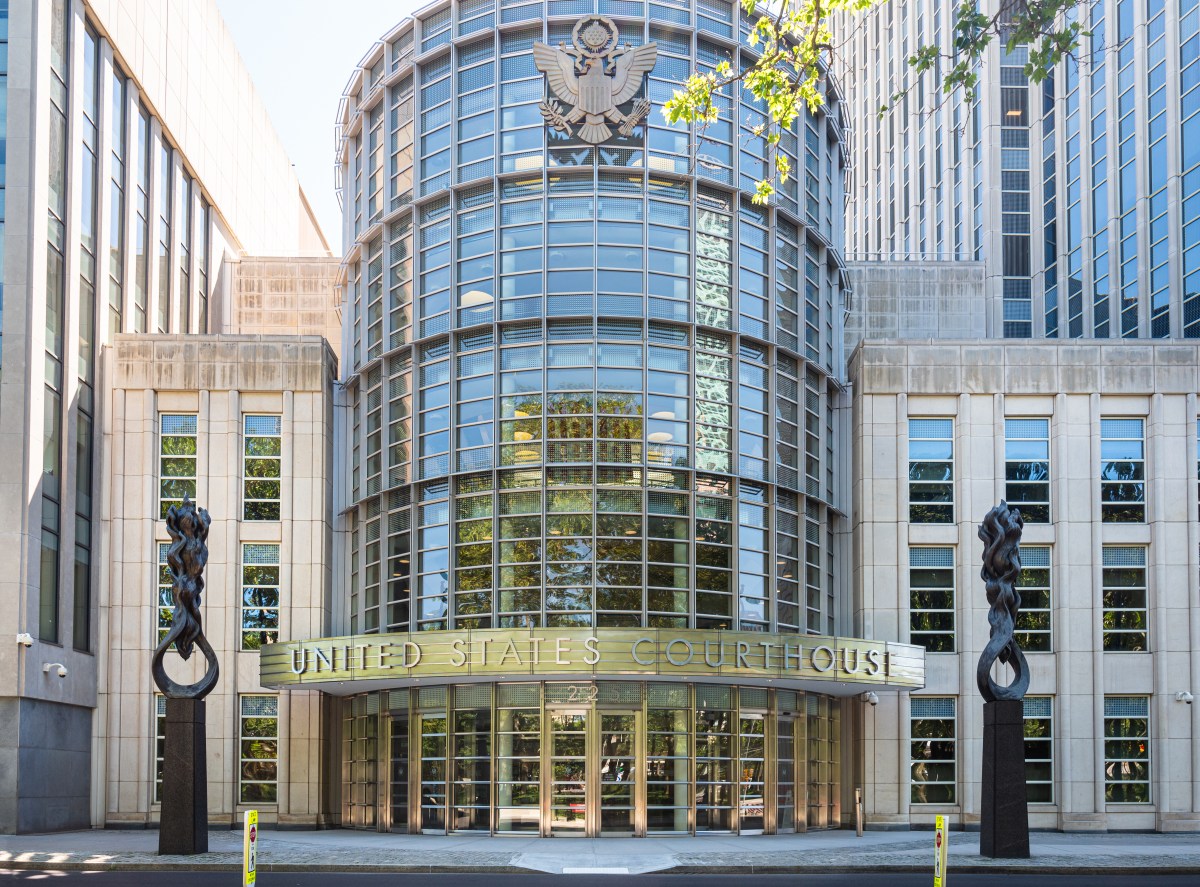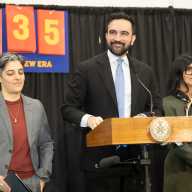As Army Reserve Captain Boyd “The Rainmaker” Melson walked toward the ring, there was probably only one thing on his mind.
The middleweight pro boxer was laser-focused on his impending match against Yolexcy Leiva at Resorts World Casino New York City.
During the first five rounds of the Brooklyn-born, West Point graduate’s bout against Leiva, Melson meticulously calculated every punch. Somewhere in the third round, he delivered a right to Leiva that seemed to stun the Cuban-born boxer.
Then, the sixth bell rang and the final round started: Melson looked like a new man. He danced around the ring, followed through on his punches and began to take over.
Now boasting a pro record of 10-1 since 2010, Melson wasn’t just fighting for money, or to add on his record. Melson donates all of his winnings to justadollarplease.org. The charity raises money for stem cell research through umbilical cords to benefit wheelchair bound people who have suffered serious spinal cord injuries.
Melson also made clear that this was not a charity he “just jumped on,” but instead something extremely near and dear to his heart. Melson’s friend Christan Zaccagnino became paralyzed as a young girl following a diving accident. The pair met when he was still a cadet at West Point and since then Melson has donated a great deal of his time to helping find a cure for Zaccagnino.
His charitable efforts brought him to Dr. Wise Young, a researcher at Rutgers University who has been working on stem cell research in umbilical cords for years.
Tied to these efforts are veterans, who hold a special place in the heart of the still-ranking officer.
“You become a prisoner in your body,” he said, referring to soldiers who have returned home due to spinal cord injuries suffered in combat. “You just start watching people leave you because you’re a burden to them.”
Based out of Fort Totten, Melson juggles his duties as a reserve officer along with working at Johnson & Johnson and training as a professional boxer. In essence, it’s time management, the 5’10” middleweight says, and credits his boss, David McEntire, for being understanding.
In order to keep himself fit, Melson said he will normally pack his training clothes with him, run during his lunch break and get back to work. He’ll then sleep on the train ride home before going to work out and spar.
Before enrolling in West Point, Melson had no experience with the sweet science, he said.
Dr. Ray Barone, a retired Army Lieutenant Colonel, has taught boxing courses — required for male cadets — at West Point since 1999. It was in one of the required boxing classes that he saw potential in Melson.
“I saw him in class and said you might want to go out for the West Point boxing team,” Barone said. “When I saw him in class, he obviously had talent and picked up quick.”
Barone went on to say that Melson developed a dedication to the sport, which he developed rapidly since he trained any time possible.
“He was a quick learner, a quick study,” Barone said. “When you weren’t working with him he was working on his own.”
Melson said his inspiration to move forward with boxing though, was the personal standards a fighter has to hold him or herself to.
“The idea of relying on yourself, the idea that you’re competing in boxing…I think in one-on-one competition you have a chance to compete with yourself much more frequently than almost any other sport,” said Melson, who is admittedly his own harshest critic. “Even though it’s against other opponents, you’re always trying to see how much better you can do for yourself.”
But what Melson says is one of the driving forces to his fighting is what he’s really fighting for: raising money and awareness to help those in need.
“I think about, when I’m getting ready to walk down the aisle to the ring, ‘I have to win for this trial to happen, I have to win for this trial to happen,’” he said. “I know the more successful I get, the more exposure you get towards [this cause].”



